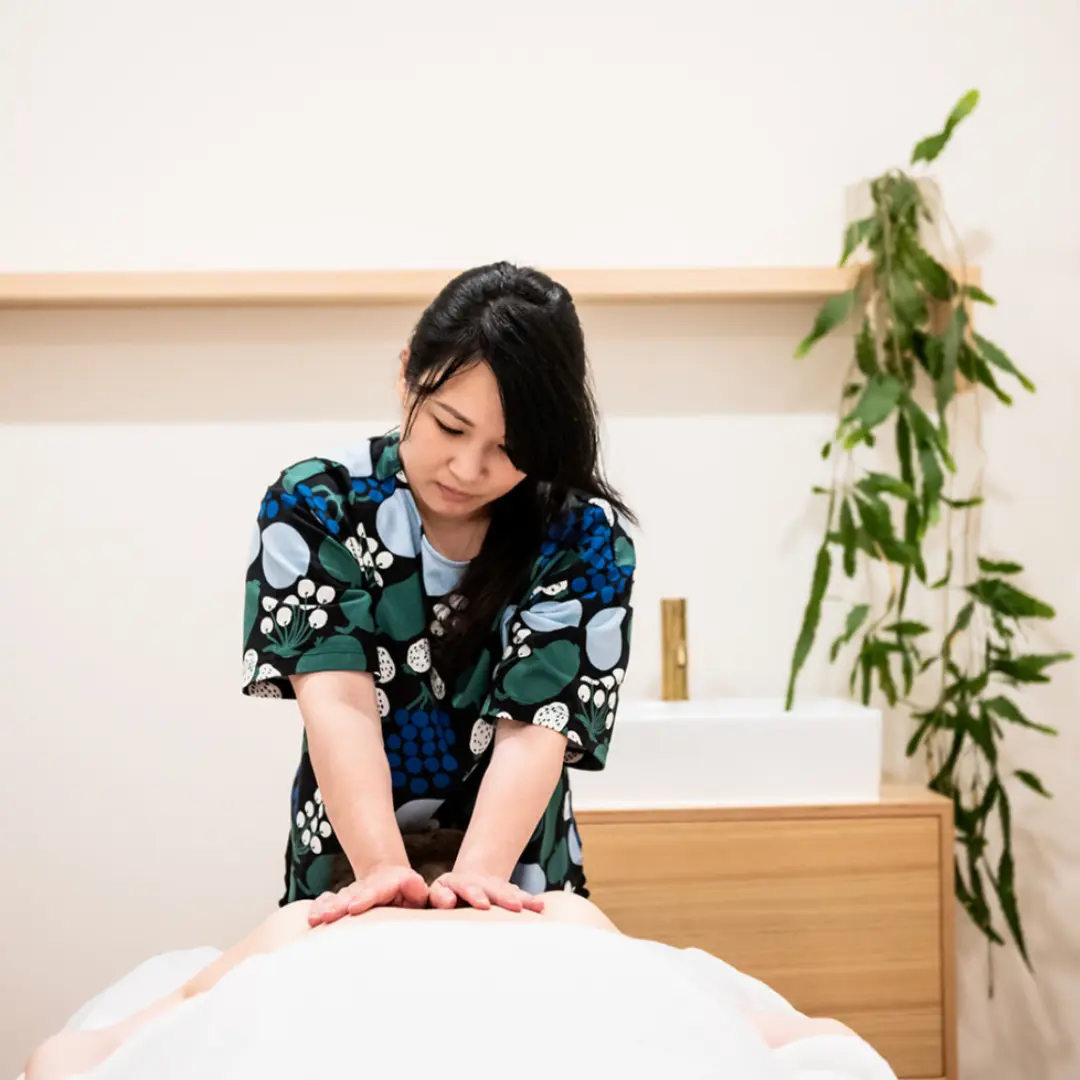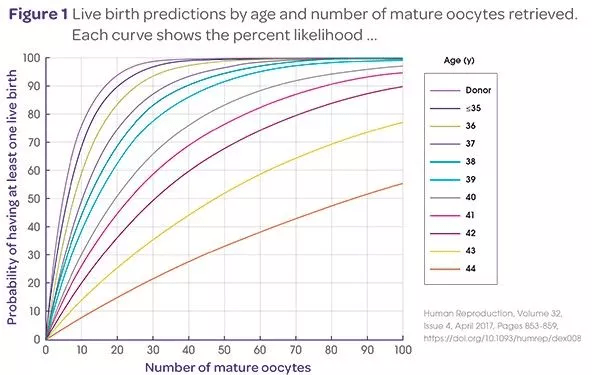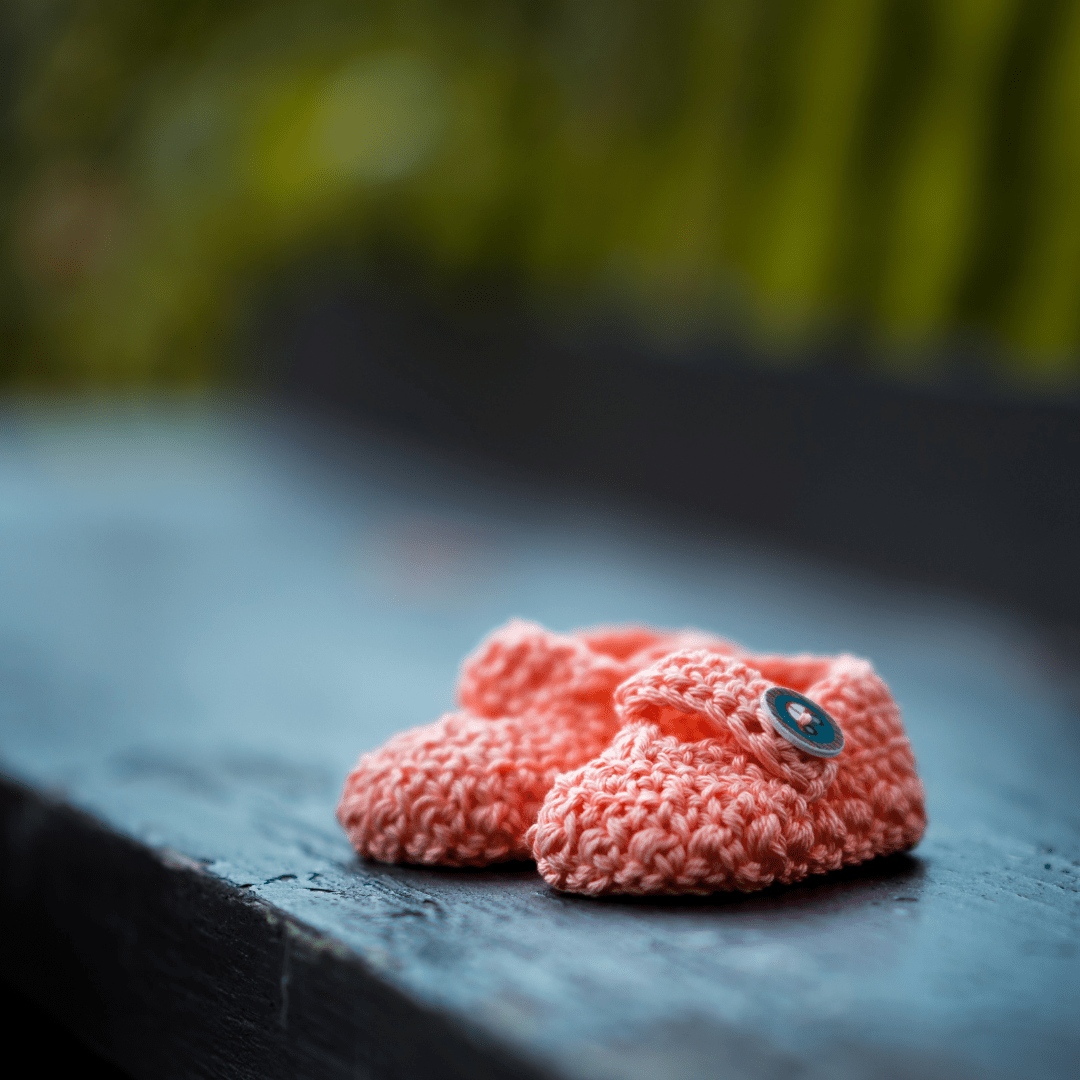
Are you a massage therapist passionate about treating people trying to conceive, undergoing IVF, those who are pregnant and new parents? Do you want to work in one of Melbourne’s most highly regarded fertility practices whilst growing your massage career?
A rare opportunity is available now for an experienced Massage Therapist to join our team at Fertile Ground Health Group.
Fertile Ground Health Group practitioners have been leaders in their respective professions for IVF support, fertility, pregnancy-related treatments and general reproductive medicine care for over 23 years. Our practitioners are well respected amongst medical specialists and experts within this area of practice with strong referral relationships. We pride ourselves in providing exceptional standards of patient care and believe that collaboration and co-creation create the best learning environment where everyone involved benefits – practitioners, patients and the team supporting both.
We feel really grateful to be in a position to be able to offer this opportunity to our professional community. We have a large influx of new patients every week, ready and waiting for the right new practitioner, as well as a long term, dedicated patient base looking to try someone new.
Massage Therapist Position Eligibility
To be eligible for this position, you already have passion, interest and experience as a Massage Therapist in fertility, pregnancy or postpartum massage and beyond. Ideally, you love working with people trying to conceive, those who are pregnant and new parents, and you want to simplify your practice to focus on being a fantastic practitioner and dedicating your efforts to growing your patient reach and massage career with the support of Fertile Ground Health Group.
Great skills and a passion for massage is required and your desire to develop referrer relationships and achieve patient results is a must (we can help you develop these skills). Additional training in fertility or pregnancy massage will be highly regarded (but not essential), and mentoring is available in our signature treatments for fertility, pregnancy and postpartum (mother roasting) massage.
As a Massage Therapist on our Team You Receive:
You will not only receive dedicated business management and administrative support, but will also be immersed in a collaborative team of well-known professionals to grow, work and co-create with. We provide support and opportunities from all angles to guide, develop and expand your professional profile. You will have new patients waiting to see you and the established reputation of Fertile Ground Health Group to provide you with a consistent flow of patients to work with on an ongoing basis. You will develop a full practice with ease.
Further to this, one of our much loved massage therapists needs to go overseas for a couple of months for family reasons mid this year and we are looking for someone with the capacity to add extra time to fill this need.
You Are Ideal for this Position if You:
- Are ready to hit the ground running as a busy practitioner, quickly.
- Value collaboration and your ability to develop referrer relationships and patient results.
- Want to establish yourself as a leader in the massage profession and you are willing and ready to raise your profile through opportunities that excite you.
- Understand the value of cultivating a following within the community for your services in particular, with methods such as writing blogs, social media, relationship building, potential speaking opportunities (to health professionals or patient groups), running workshops, classes or support groups (in person, on zoom or on social media).
As a member of our team you receive full access to all the foundational goods that come as part of the extensive springboard that is Fertile Ground Health Group, providing you with endless opportunities to accelerate your practice.
The Massage Therapist We’re Looking For
We are looking for an experienced Massage Therapist who would like to simplify the work involved in running a business, who is ready to focus on being a fully supported, fantastic practitioner, dedicating efforts to growing patient reach, enhancing their profile and growing their career with Fertile Ground Health Group.
Massage Session Times
You will need to commit to a minimum of two massage sessions per week, with a minimum of 4 massages per session. There is immediate room for more sessions than this or growth if desired. You will be working in one of Australia’s most intentionally beautiful and vibrant clinic spaces with an extensive dispensary supplying the entire clinic’s prescription needs at The Melbourne Apothecary.
What is The Melbourne Apothecary?
The Melbourne Apothecary (MA) been created to provide Melbourne’s first prescription-only naturopathic dispensary, serving the Fertile Ground Health Group team and community, as well as filling prescriptions for Naturopaths and their patients all over Australia. The MA serves to protect the privacy of our fertility and IVF patients (for those who want it) along with opening up to the general health population as a street-frontage “shop” and general health practice. It is a truly beautiful space and strives to be an example of what is possible.
Apply for this Massage Therapist Position
To apply for this next step in your Massage career, please email a cover letter and resume to Charmaine Dennis and Carly Woods at management@fertileground.com.au
Applications will close Friday 29th March 2024. Apply asap as we will be interviewing and filling the position as soon as the right candidates land in our inbox.
“Touch was never meant to be a luxury, it’s a basic human need.” Irene Smith










